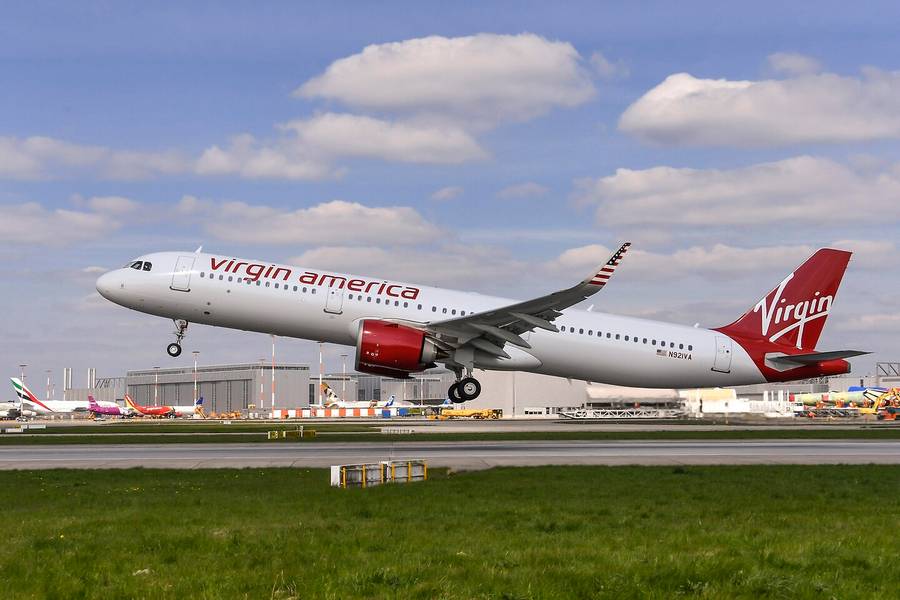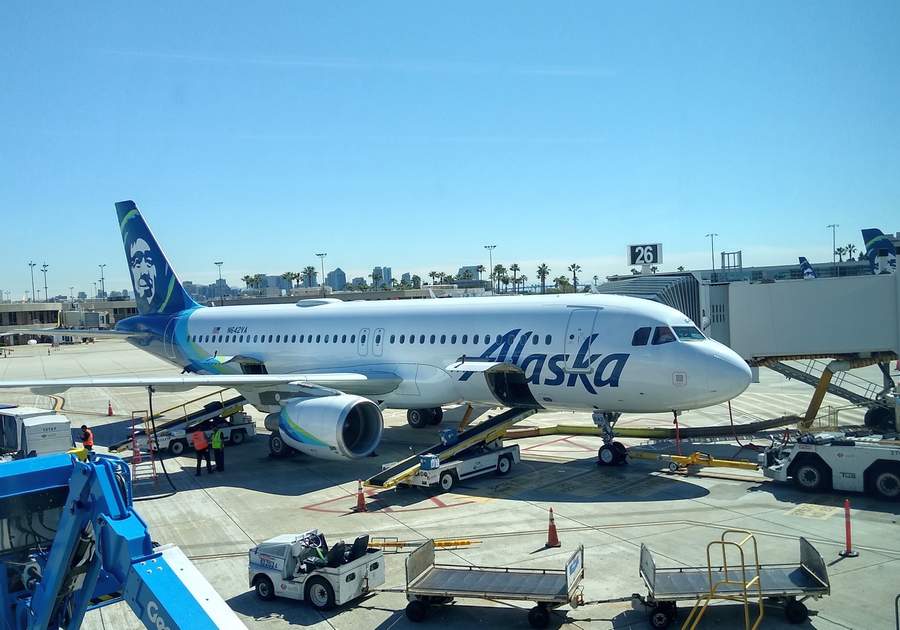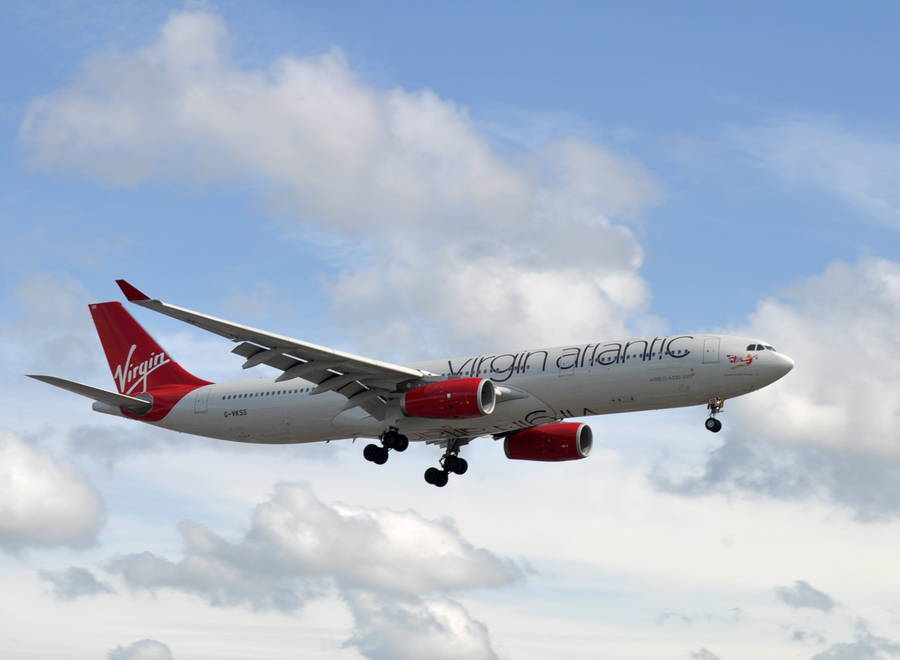An unusual trademark dispute worth $160 million will see Virgin Airlines and Alaska Airlines go head-to-head in a British court. But why?
We have previously looked at the way airlines in the United States have consolidated over the last two-and-a-bit decades. By 2012 or so, names like US Airways, America West, Northwest, Continental, and AirTran have become part of other, familiar airlines. This was due, in large part, to the downturn of the industry following 9/11.

But the mergers and consolidations didn’t quite end in 2012. In a last (so far) hurrah, Alaska Airlines bought Virgin America in 2016, only around nine years after the latter came into being and began operating in the US. Alaska eventually absorbed Virgin’s operations into its own – a process that involved its own, separate difficulties.
The current story involves Alaska Airlines and the Virgin Group. The latter is suing Alaska because of a previous trademark deal between the Virgin Group and Virgin America. As it turns out, in 2014 Virgin (the one in the UK) and Virgin America agreed on an annual “minimum royalty” of approximately $8 million. This deal would end in 2039.

Virgin Group And Alaska Airlines Dust Off Old Agreements
Again, Alaska Airlines bought Virgin America in 2016 and merged the operations of the two in 2018. Alaska stopped all use of Virgin branding by 2019. But in this new court case, the Virgin Group argues that Alaska is still bound by that licensing agreement. And that this will continue until 2039, whether or not Alaska uses Virgin’s branding again – which is unlikely.
Unsurprisingly, Alaska Airlines sees things a bit differently, and calls the Virgin Group’s interpretation of events “an obviously surprisingly one”. It argues that a legal obligation like this would go against terms going back to 2007 when Virgin America came into being. It was a requirement then that Virgin America could operate independently from the rest of the group, as an American entity.

Branding is quite a valuable asset, especially for companies with a global appeal – like airlines. For decades, putting a monetary value on a brand has been an accounting nightmare. In aviation, the value that different airlines put on their branding varies quite a lot. And perhaps understandably, those who value their branding a lot, go to some pains to protect it.
We have previously looked at the effects of this story while examining the upcoming merger between JetBlue and Spirit. JetBlue had tried to buy Virgin America – and failed when Alaska Airlines beat it. If it goes ahead, JetBlue’s acquisition of Spirit could create an airline that will beat Alaska in size.



